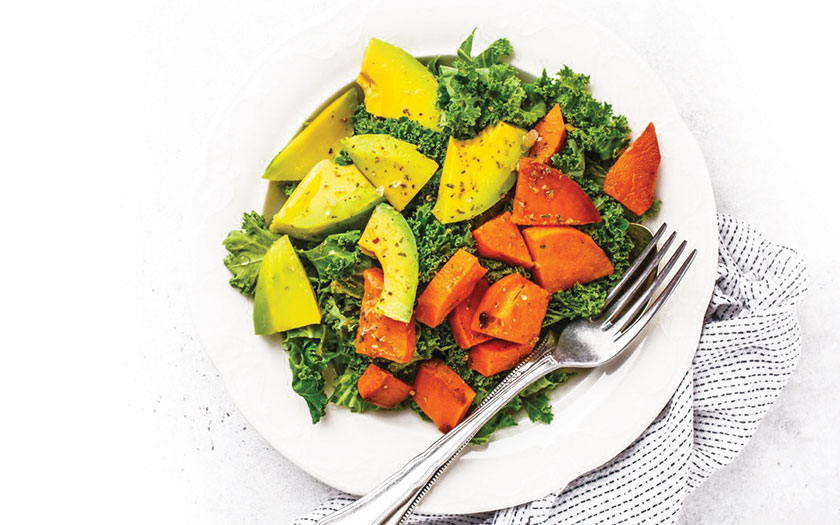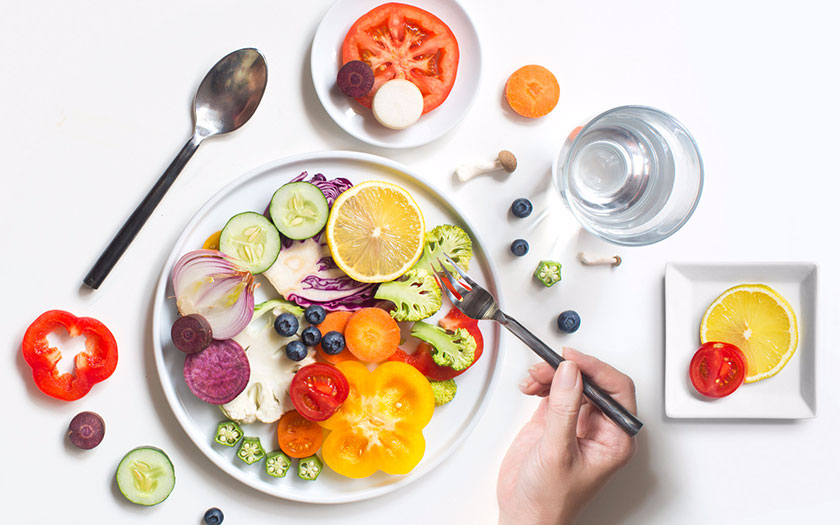Living a healthy lifestyle is almost like a new religion these days, with more and more individuals investing time and money into maintaining their health through working out and paying more attention to what they consume.
Although vegetarianism and veganism have been going strong for decades and centuries, a more feasible alternative these days is switching to plant-based diets. In this article, we shed some light upon this wholesome trend – how to go about starting it and what are its benefits.
Consuming a plant-based diet basically means eating more foods that are made out of plants. Vegetables, legumes, nuts, seeds, and fruits are all part of a soul plant-based diet. It’s similar to vegetarianism, only the option of partaking in meat every now and then still exists. (However, let it be known that some vegetarians do eat seafood and dairy products). Things are completely different with veganism though, which is the practice of shunning anything that involves animal cruelty – such as meat, dairy products, makeup brands that tests on animals, and clothes made from animal skin.
Can I do this?
At first, you might think that starting a green diet out of nowhere might be too much of a drastic lifestyle change that is bound to backfire somewhere and for that misconception, no one can blame you. In countless cases, these well-intentioned diets either go awry, or they don’t take off as intended. This is due to most people approaching it hurriedly without giving it much pre consideration, which means immediately cutting off certain foods from their pre-existing diets when they should instead, slowly and gradually make changes in their food choices.

There is a method to approaching a plant-based lifestyle and if done right, it might lead to the results you want – which is to be a healthier and fitter person at the end of it. To start off, just make it a point to consume more vegetables. The simplest way to get yourself used to depending on plant-based foods is to familiarize yourself with greens.
Next, you should work on your mindset when it comes to meat, in the similar way of wanting to move on and get over an old flame or unrequited love, for you would have to change the way you think about them first before attempting to explore new relationships. During this whole transitioning period, it would be great if you could start cooking some vegetarian meals for yourself (or your whole family, if you are thinking of getting the whole family in on your plan to eat healthy). If you can’t do this daily, then do it at least once a week.
Once you have gotten yourself familiar with vegetables and vegetarian meals, the concept of starting a plant-based diet wouldn’t be so alien anymore. And then, you could start changing your usual menu. For breakfast, skip sugar-laden meals and instead go for whole grain cereals and granola. The same goes for desserts – skip the sugary delights you usually crave and have a bowl of fruits instead. Also, for added health benefits, normalize taking your coffee with no sweeteners or sugar. Meat should only make an entrance every once in a while – for an example, once a week, once a month or during festivities such as Deepavali, where having mutton varuval is a must or Hari Raya where beef rendang is the dish of the day. The idea of embracing a plant-based diet is not to eliminate meat or dairy products completely but to significantly tone down on it.
Benefits You Can See And Feel
Most people would be wondering by now “So, what’s in it for me?”
Yes, what is so great about embracing this plant-based diet? Well, the benefits of cutting down on meat, dairy and eggs – as many vegetarians too might testify, is of course, the many health gains present in the lifestyle.
For instance, it aids in weight-loss as well as improving your health. Thes would be the ultimate unrivaled benefits of plant-based diets.

The low-carb and fat content of legumes, vegetables, fruits, nuts, and seeds are added benefits, and it’s evident too that most people who practice plant-based diets are found to be slimmer than those on standard diets. Ariana Grande is an example. The pop singer who rose to fame by starring in Nickelodeon teen dramas is known for her model-thin figure ever since she switched to a plant-based diet in 2013. Due to the high fibre and low-cholesterol content of plant-based foods, the risk for diabetes, hypertension, and cardiovascular diseases are also lowered.
Some celebrities who have adapted plant-based diets have testified publicly about the impact their plant-based diet had on their health. One noteworthy example is RnB artist Toni Braxton who took up a plant-based diet after she was diagnosed with lupus in 2008 (an autoimmune condition where the sufferer’s immune system becomes hyperactive, causing inflammation and swelling of body parts and organs). Ever since switching to plant-based foods, Braxton has revealed on MadameNoir that she has “noticed improvements in her blood work and energy levels”. Note that lupus is not a very easy disease to battle and the mortality rate is known to be quite high (90%, according to Healthline.com). However, Braxton’s smart dietary preferences has increased her chance of battling the illness and going on with life as a survivor.
Last but not least is the eco-friendly benefits of being a plant-based consumer. One can’t help but to agree that over the years, factory farming for animal products has caused nothing but the emission of greenhouse gases, water wastage, and the using-up of land for farming (that could be used for other purposes). Added up, all of these have led to severe environmental degradation. Switching to a plant-based diet will, in many ways, help to reduce rape of the earth’s resources as well as our carbon footprint. Think of it as ‘in order to go green, eat green’.
Therefore, the key to a healthier, slimmer, and eco-friendlier you is in your own hands. Switching to a plant-based diet is a commendable way of life. This way of life should certainly be here to stay, and not just be just another fad, gone with the sands of time.
By Davinah Manoharan


